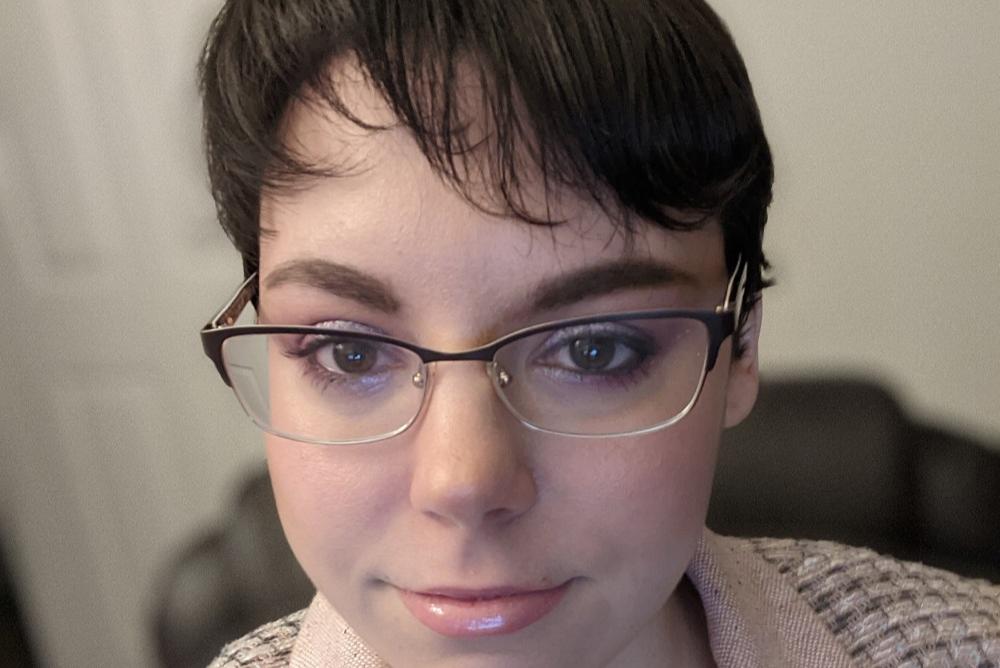A&S Graduate Studies
[PAST EVENT] Victoria Cooper, Computer Science - Pre-Defense

Abstract:
Bidirectional Reflectance Distribution Functions, (BRDFs), describe how light is reflected off a material. BRDFs are captured so that the materials can be re-lit under new while maintaining accuracy. BRDF models can approximate the reflectance of a material, but are unable to accurately represent the full BRDF of the material. Acquisition setups for BRDFs trade accuracy for speed with the most accurate methods, gonioreflectometers, being the slowest. Image-based
BRDF acquisition approaches range from using complicated controlled lighting setups to uncontrolled known lighting to assuming the lighting is unknown.
We propose a data-driven method for recovering BRDFs under known, but uncontrolled lighting. This approach utilizes a dataset of 100 measured BRDFs to accurately reconstruct the BRDF from a single photograph. We model the BRDFs as Gaussian Mixture Models, (GMMs), and uses an Expectation Maximization, (EM), approach to determine cluster membership. We apply this approach to captured data as well as synthetic. We continue this work by relaxing assumptions about either lighting, material, or geometry.
This work was supported in part by NSF grant IIS-1350323 and gifts from Google,
Activision, and Nvidia.
Bio:
Victoria Cooper is a PhD Candidate in the Department of Computer Science at William & Mary. Her PhD advisor is Pieter Peers. Her research focuses mainly on appearance acquisition and BRDF analysis. Previously she received her Bachelor of Science in Computer Science from Randolph-Macon College in 2012 and her Masters of Science in Computer Science from William & Mary in 2014. Currently she is employed in a tenure track faculty position at Randolph-Macon College.
